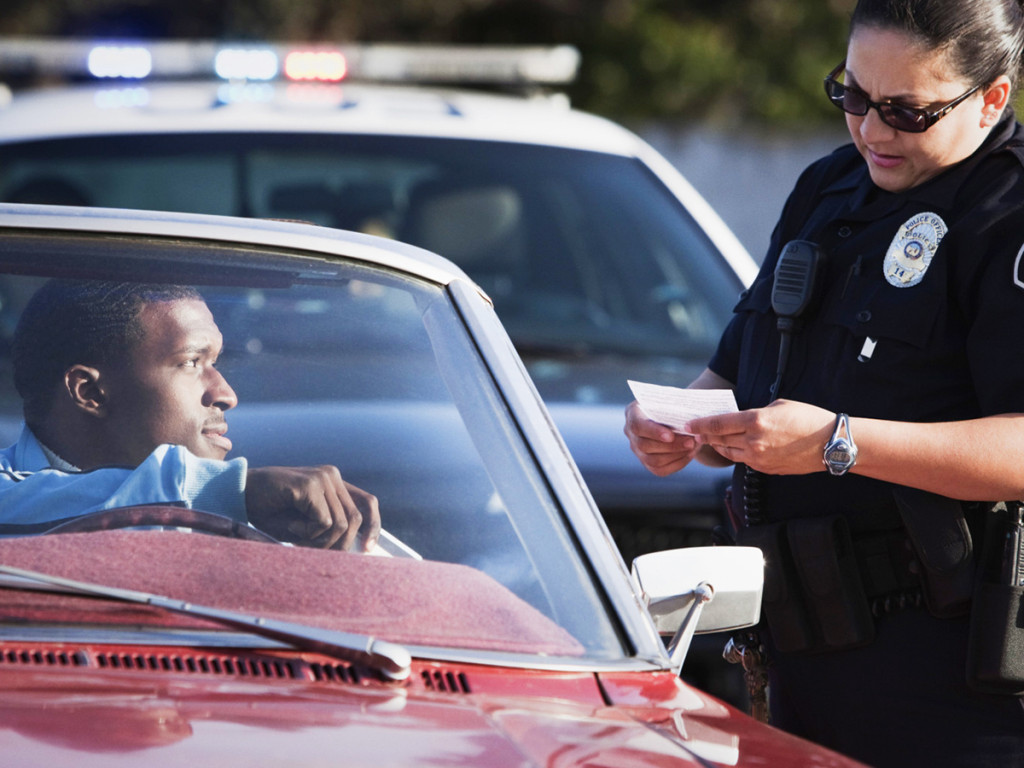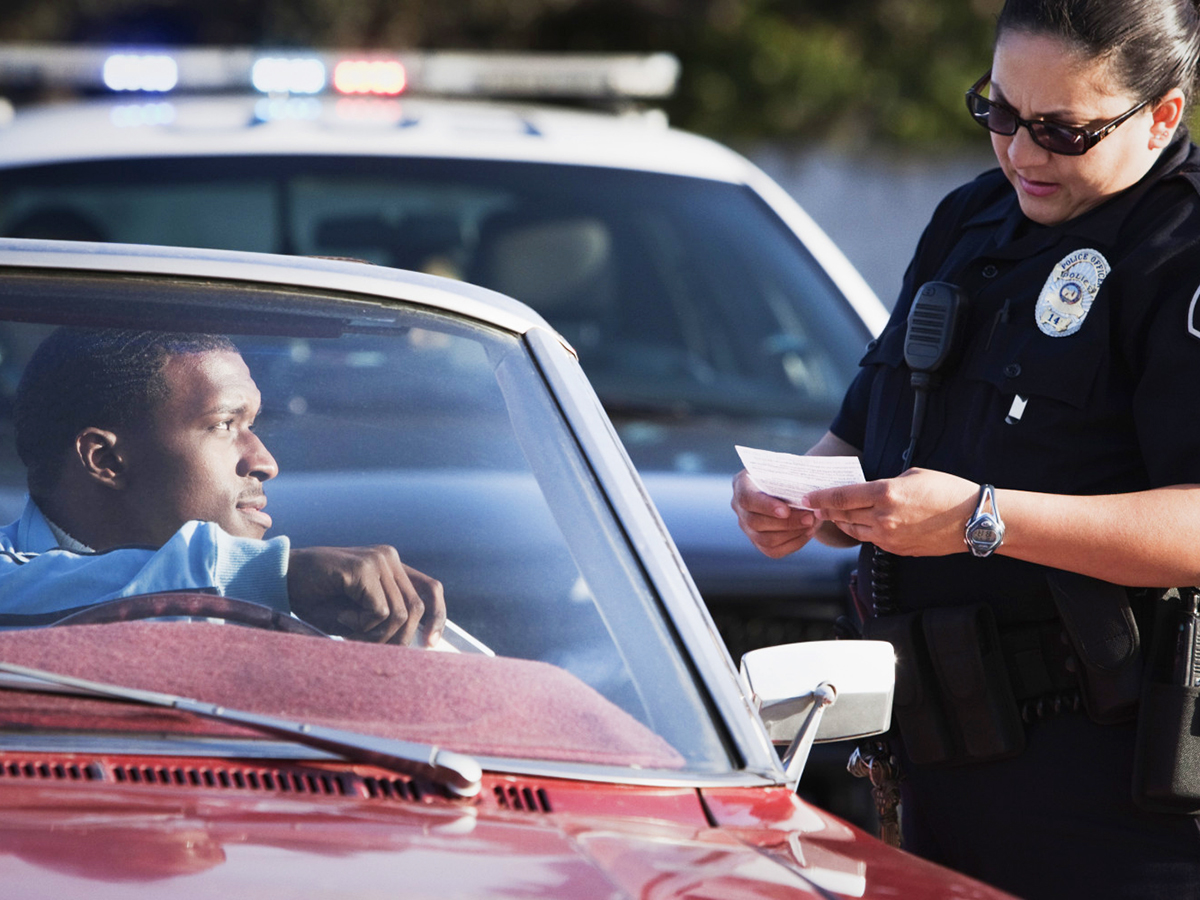
A recent traffic ticket amnesty program has been approved and is now making the lives of ticket holders much better by reducing the amount of people who cannot drive. California’s 18-month amnesty program, which is aiding in reducing the $10 billion of uncollected debt, was originally made to revise law enforcement programs that became ineffective due to motorists’ inability to pay. For example, ticketed drivers may have to pay money for a court date to get hearings for fines they are financially unable to afford. Another example is Fredrick Jefferson, a heavy equipment mechanic who lost his job and eventually became homeless.
For Jefferson, his driver’s license had been revoked due to unpaid traffic fines which he learned of only when his supervisor fired him. Unable to support himself like he did before, he ended up with fees of up to $5,000 after add-on penalties resulted, and only a monthly relief general check of $221 to live on.
However, the new program which came into effect on October 1 is reversing things. Jefferson is now on a payment plan of a dollar a month — calculated based on what he can afford to pay — and able to use his license in the meantime. Now able to work, when he finds a job his payment will increase to match what he is earning again.
I believe that with the right and practical application of this amnesty, people who have accrued fines are able to live better lives and actively do something toward paying their debt. It’s a huge difference from where there were no options before. But, it wouldn’t be good if just anyone was eligible. At a first glance, it’s a great way to enable people and prevent inaction, which is what rendered law enforcement training programs ineffective in the first place.
Yet, it could also serve as a too lenient lesson for first time offenders. Especially among people of college-age status, a lot of fines and tickets are given out for drunk driving, prohibited parking and such. Letting these young people off with an easy payment plan teaches them complacency and that it isn’t that bad to make a negligent mistake. For a reckless teen driver, they need to learn to handle their driving habits. Therefore, the approval process for this program has to have strict guidelines. An evaluation process by counselors could decide what offenders would be less likely to break the rules if allowed to drive again. Part of the process could contain online modules, which many colleges already utilize in requiring students to complete and inform themselves on issues such as drinking.
I personally have had friends confide in me about how they were pulled over for driving without a license, from driving siblings to their extracurriculars to going to school themselves. Oftentimes, this is something approved or asked by parents, who may be too busy to drive themselves or who are encouraging their kids to practice in ordinary, driving situations such as getting the groceries. People like those who are ticketed or pulled over for not having a license but just a permit — and still driving solo — don’t deserve the penalty of being without a license until 25, especially when their very parents are telling them to go out and drive. However, purposefully reckless drivers should not be eligible for the program. It is those who have been caught in an unfortunate accident at no fault of their own that should be allowed to possess a license while in the process of paying fines. Drivers who were intoxicated, with drugs or under the influence show negligence toward road safety and should not be allowed to have their license without paying tickets and other citations. To allow reckless or irresponsible drivers back on the road so easily might mean more unsafe roads and a higher chance of repeat offenses.
Lawyers who helped Jefferson should therefore begin to argue for the approval of certain drivers into the program based on recommendations that counselors make. With information such as how well they complete modules and talks with counselors, a well-informed decision can be made on whether someone is eligible or not, whether they will be safe drivers or not. The traffic ticket amnesty program will allow drivers a second chance in maintaining their license as well as provide a responsible means of paying steep fees for those who are financially burdened.








